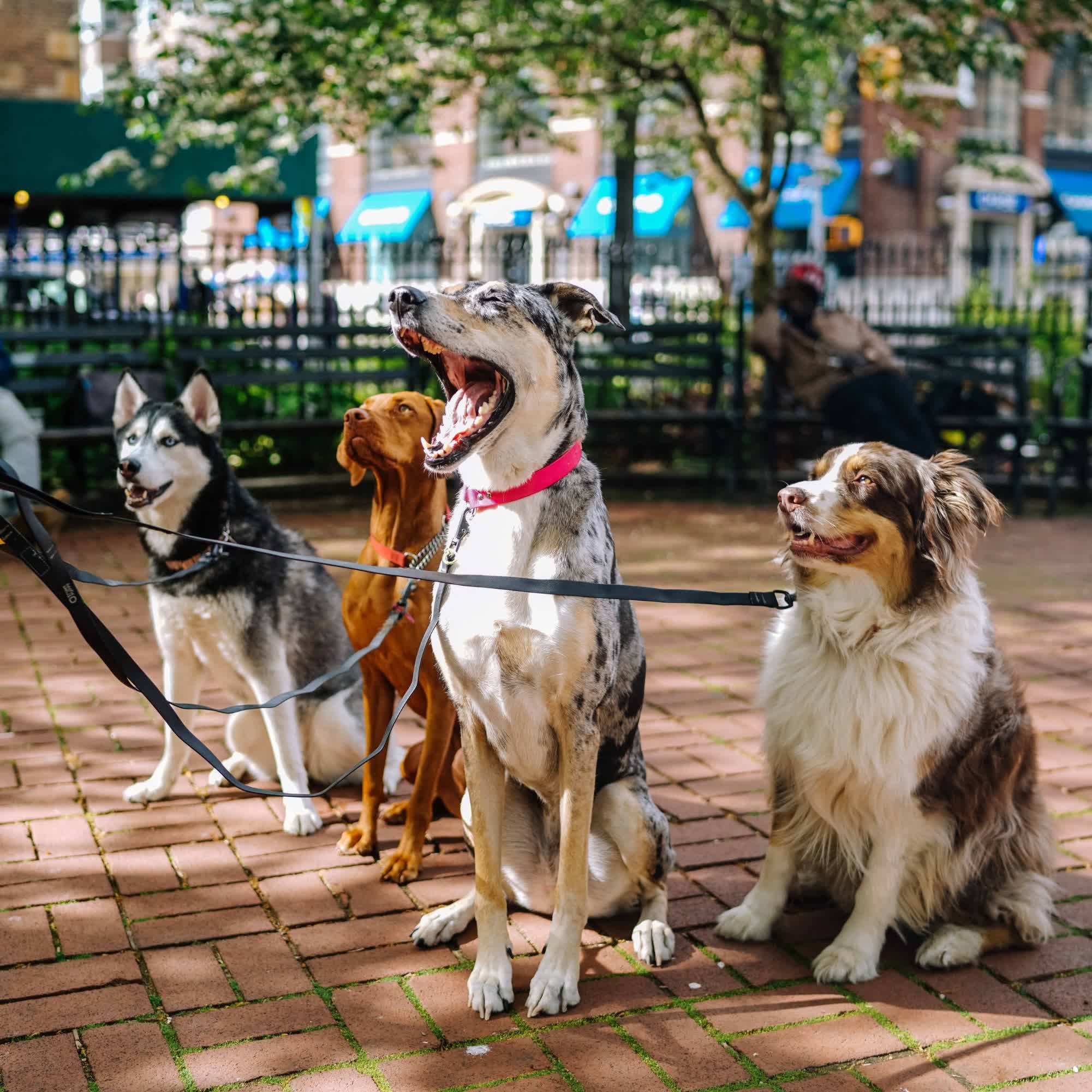Shortness of breath in dogs
Description
How to distinguish normal from rapid breathing https://true-dog.com/health/why-does-my-dog-sound-congested/
Normal adult dogs make 10-30 breathing movements per minute. The frequency of breathing cycles depends on the size, age, and sex of the animal. For example, small dogs do 15-30 cycles and large dogs do 10-20 cycles. Bitches and puppies always breathe more often.
To count the number of breaths, wait until the pet calms down and lies on its side. Watch the rhythm and smoothness of the chest wall movement. Breathing should not be labored or intermittent.
Dogs with long muzzles breathe almost silently. Brachycephalic dogs may grunt and snore softly.
Causes of frequent breathing
Physiological causes
Physiological causes are caused by environmental factors or features of the dog's psyche, hormonal background, or respiratory structure.
For example:
Brachycephaly (short muzzle). Brachycephalic dogs are born with narrow nostrils, so their breathing is difficult from birth. Shortness of breath occurs with the slightest physical exertion and overheating of the body. Therefore, intensive running and walking in the blazing sun are contraindicated for them.
Hot climate.
Breathing is responsible in dogs for maintaining a constant body temperature - thermoregulation. If dogs are breathing heavily with their mouths open and their tongues sticking out, they're probably just hot.
Physical exertion. Peak exercise leads to an increase in body temperature and a lack of oxygen in the muscles. Dogs feel fatigued and start breathing rapidly to get their vital signs back to normal.
Stress. Stress affects the autonomic nervous system, which in turn leads to a failure of the respiratory center.
Vaccination. A reaction to a vaccine can cause stress, a short-term increase in body temperature, and allergies, all of which affect the frequency of respiratory cycles.
Rapid sleep phase. A fast sleep phase is accompanied by an increase in brain activity: your dog may breathe more frequently, move his paws, twitch his eyelids, and even make whimpering noises. The soft palate may also be sunken, leading to snoring.
Childbirth and lactation. The birthing process and the first day after the birth of the puppies are accompanied by frequent breathing due to palpitations, pain, additional strain on the digestive organs, changes in the hormonal background, and fatigue.
Note: if the estimated date of delivery is still far away, shortness of breath points to internal disorders. For example, inflammation of the uterus. In this case, the dog should immediately show the vet.
Overeating. An optimal concentration of oxygen in the blood speeds up the metabolism and helps digest food faster. In this case, the dog breathes frequently to get more energy.
Sexual activity. Sexual activity increases the concentration of sex hormones that speed up circulation, so dogs breathe frequently to prevent oxygen deprivation.
Read more here:
https://true-dog.com/behavior/why-are-chihuahuas-so-mean/
https://true-dog.com/behavior/how-to-stop-dogs-from-fighting-in-the-same-household/





